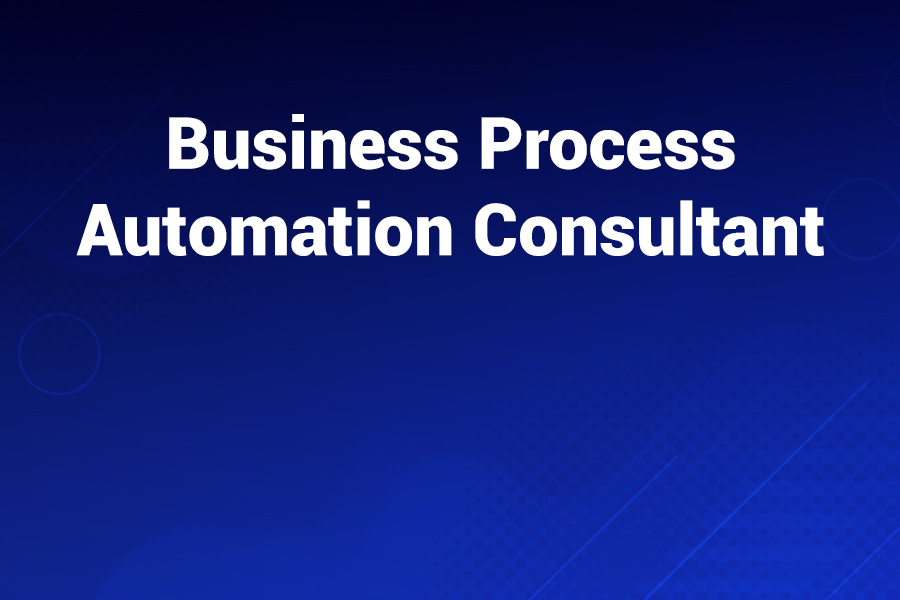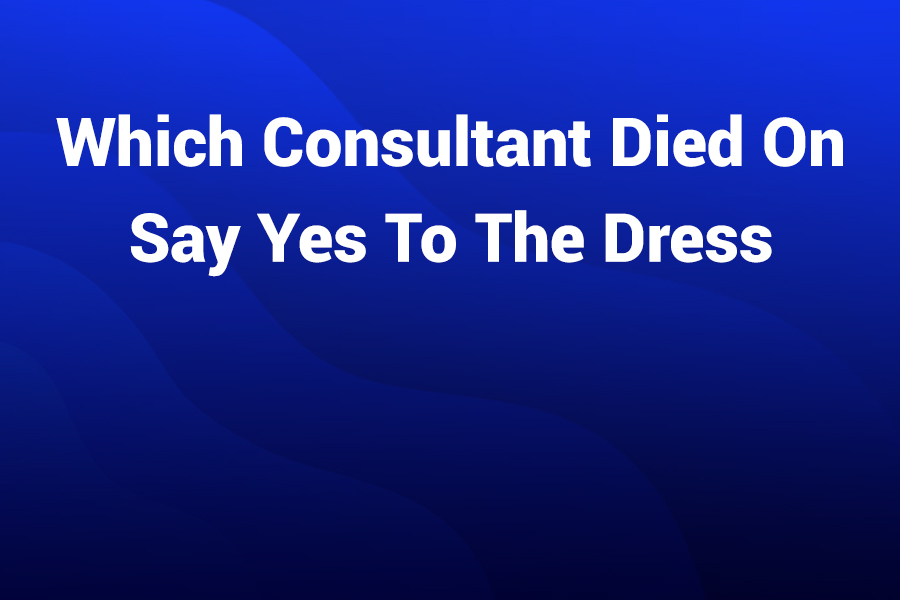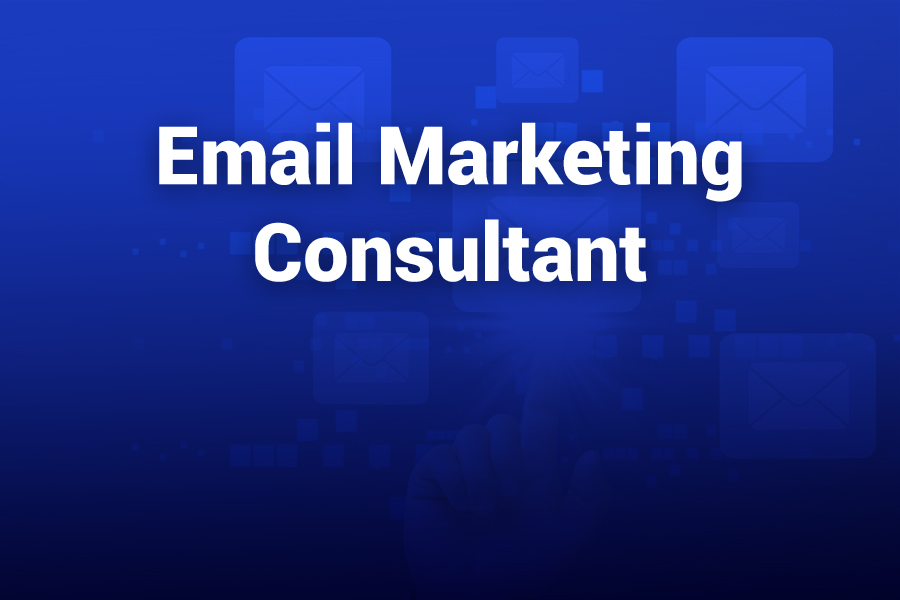- Home
- Services
- PedroVazPaulo Coaching
- PedroVazPaulo Marketing Consulting
- PedroVazPaulo Real Estate Investment Consulting
- PedroVazPaulo Operations Consulting
- PedroVazPaulo Entrepreneur Support
- Pedro Paulo Business Consultant
- PedroVazPaulo Executive Coaching
- PedroVazPaulo Business Consultant
- PedroVazPaulo Strategy Consulting
- PedroVazPaulo Wealth Investment Consulting
- Blog
- About
- Contact

Business development consultants play a pivotal role in the growth and success of a company. They offer expert guidance to businesses, helping them identify new opportunities, optimize strategies, and expand their reach in the market. But what is a business development consultant? How do they differ from other types of consultants, and what value do they bring to the table?
In this comprehensive guide, we’ll explain the role of a business development consultant, what they do, the skills they need, and how businesses can benefit from their expertise. Whether you are a small business owner, entrepreneur, or part of a large corporation, understanding the value of a business development consultant can help you make informed decisions when considering external support for your growth initiatives.
What is a Business Development Consultant?
A business development consultant is an expert hired by organizations to assist them in identifying business opportunities, improving processes, and fostering partnerships that contribute to growth. The role of a business development consultant is focused on creating strategies to increase revenue, expand market reach, and enhance the business’s overall competitive advantage.
Unlike other consultants who may specialize in operations, marketing, or finance, business development consultants take a broader view of the company’s growth potential. They typically work across various departments, helping businesses find and implement new opportunities for expansion, profitability, and sustainability.
Their services can vary from sales strategy optimization to new market entry, partnership development, and even mergers or acquisitions. Essentially, business development consultants help companies develop a roadmap for sustainable growth.
Key Responsibilities of a Business Development Consultant
The role of a business development consultant is multi-faceted and dynamic. Below are some of the primary responsibilities they handle:
1. Market Research and Opportunity Identification
One of the first steps a business development consultant takes is conducting in-depth research to identify market opportunities. This involves studying industry trends, customer behaviors, competitors, and emerging market segments. The goal is to uncover potential areas for growth that the company may not have fully explored or leveraged yet.
2. Strategy Development and Planning
Business development consultants are responsible for helping companies design growth strategies that align with their long-term goals. This could include identifying new revenue streams, refining sales strategies, improving customer retention, and exploring new business models.
The consultant will typically present a strategic plan that outlines specific actions the company should take, the resources required, and the expected outcomes. They also prioritize initiatives, helping the business focus on the most impactful strategies.
3. Partnership Development and Networking
A business development consultant is skilled at identifying and cultivating new partnerships. These partnerships could involve collaborations with other companies, joint ventures, or strategic alliances. By leveraging their network and negotiation skills, business development consultants create valuable connections that drive business growth.
They also play a crucial role in managing relationships with key stakeholders, ensuring that all parties are aligned with the company’s objectives.
4. Sales Strategy Optimization
Optimizing the sales strategy is a significant part of business development consulting. Consultants analyze the company’s existing sales processes and identify opportunities for improvement. This might involve revising the sales funnel, improving lead generation efforts, enhancing the sales team’s skills, or refining the approach to customer acquisition.
Their goal is to help companies increase their revenue by optimizing the sales process and reaching the right customers at the right time.
5. Business Expansion and Market Entry
A business development consultant also assists companies in expanding into new markets. Whether entering a new geographical region, targeting a different demographic, or launching a new product line, the consultant helps businesses understand the challenges and opportunities of entering new markets.
They provide a roadmap for entering these new territories, conducting risk analysis, and ensuring that the company can successfully establish itself in the new market.
6. Monitoring and Reporting
After implementing business development strategies, consultants are often involved in monitoring the performance of these initiatives. They analyze data, track key performance indicators (KPIs), and report on the success of the strategies. If necessary, the consultant will make adjustments to improve results and ensure the company stays on track to meet its growth targets.
What Skills Does a Business Development Consultant Need?
A business development consultant must possess a wide array of skills to effectively help companies grow and succeed. Here are some of the key skills needed:
1. Strategic Thinking
Business development consultants need to have a strategic mindset. They should be able to understand the bigger picture of a company’s goals and help craft long-term strategies that drive sustainable growth. Being able to balance short-term gains with long-term objectives is crucial in this role.
2. Analytical Skills
A strong analytical mindset is necessary to assess market conditions, competitor performance, customer needs, and potential risks. Business development consultants must be able to interpret data and use it to make informed decisions that benefit the company.
3. Strong Communication Skills
Business development consultants must communicate their ideas clearly and persuasively to both internal stakeholders and external partners. Whether presenting strategies, negotiating deals, or networking with potential clients, consultants need to have excellent communication skills to ensure their strategies are understood and implemented effectively.
4. Negotiation Skills
As business development consultants often play a role in securing partnerships, negotiating deals, and closing business agreements, strong negotiation skills are essential. They must be able to strike win-win deals that benefit both parties while aligning with the company’s goals.
5. Relationship-Building Abilities
A business development consultant must be adept at building and maintaining relationships with clients, partners, and stakeholders. This ability to network and create meaningful relationships helps companies grow and tap into new opportunities.
6. Financial Acumen
Understanding business finances is essential for business development consultants. They must analyze financial reports, budgets, and projections to ensure that growth strategies are financially viable and sustainable.
How to Become a Business Development Consultant
If you’re interested in becoming a business development consultant, here are the general steps you’ll need to follow:
1. Gain Relevant Experience
Most business development consultants have a background in business management, sales, or marketing. Starting with a role in business operations, sales, or strategy can provide you with the necessary skills to transition into consulting. Many successful consultants have worked in leadership positions or owned businesses before becoming consultants.
2. Specialize in a Niche
To stand out in a competitive field, consider specializing in a particular industry or type of business development. For example, you could focus on tech startups, retail businesses, or international expansion. Specializing allows you to build expertise that makes you more attractive to potential clients.
3. Develop Key Skills
Along with industry-specific knowledge, you’ll need to develop a wide range of business skills. Take courses or obtain certifications in areas such as project management, finance, digital marketing, and sales strategy. Continuous learning is key to staying competitive as a business development consultant.
4. Build a Network
A successful business development consultant relies heavily on their network. Attend industry conferences, join professional organizations, and connect with business leaders and other consultants. The more relationships you build, the more opportunities you will have to collaborate and grow your consulting business.
5. Create a Portfolio or Case Studies
As a consultant, your credibility is essential. One way to establish your reputation is by creating a portfolio of case studies that showcase your successes. If you’re just starting, you can offer your services at a discounted rate to a few clients in exchange for testimonials or case studies.
How Does a Business Development Consultant Add Value?
Hiring a business development consultant offers several benefits to organizations. Here’s how they add value:
- Expert Guidance: Consultants bring years of experience and specialized knowledge that businesses can’t always develop internally.
- Cost Efficiency: Instead of hiring full-time employees, businesses can engage consultants as needed, saving on long-term salaries and benefits.
- Fresh Perspective: Consultants provide an outside viewpoint, often identifying opportunities and challenges that internal teams might overlook.
- Focused Strategy: With a consultant’s help, companies can create focused, actionable strategies that drive specific business objectives, such as revenue growth or market expansion.
Conclusion: What is a Business Development Consultant?
A business development consultant is a critical partner for companies looking to drive growth, improve efficiency, and enter new markets. By understanding market dynamics, crafting strategies, and optimizing processes, business development consultants help businesses navigate the complexities of scaling.
Whether you’re a small business owner or part of a large enterprise, hiring the right business development consultant can significantly impact your company’s long-term success.
If you’re looking to expand your business, optimize operations, or enter new markets, consider reaching out to a business development consultant to gain valuable insights and practical solutions that can help you achieve your goals.
Frequently Asked Questions (FAQs)
1. How much do business development consultants charge?
Consulting fees vary widely depending on experience, industry, and the scope of the project. Business development consultants typically charge between $100 and $500 per hour, but rates can go higher for highly specialized services.
2. What is the difference between a business consultant and a business development consultant?
A business consultant focuses on solving specific problems, like improving operations or financial performance. In contrast, a business development consultant focuses on growth opportunities, partnerships, and market expansion.
3. Can I become a business development consultant without a degree?
While a degree in business or related fields is beneficial, experience, specialized skills, and a strong portfolio can also help you become a business development consultant without formal education.






